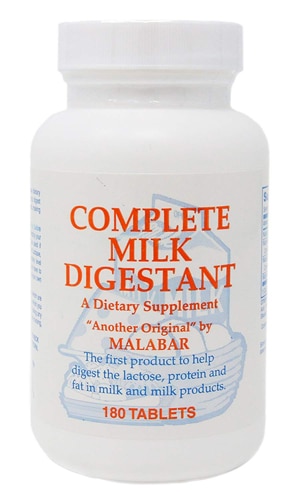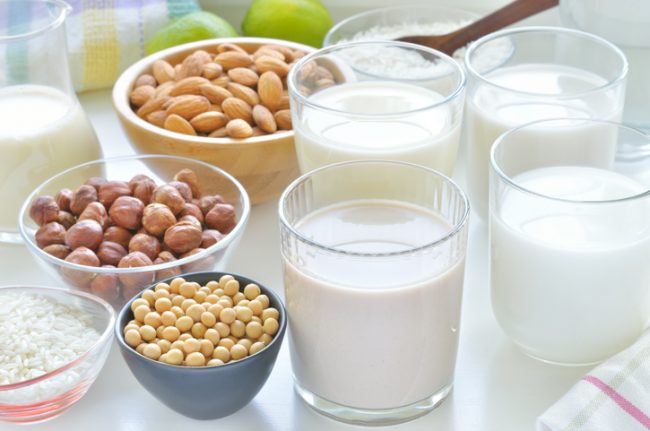Milk, cheese and ice cream: Where would we would be without the beloved dairy cow and its contribution to our diet?
June is National Dairy Month, a time to celebrate all the good things dairy foods give us.
However, some people might be reluctant to join the party. They are among the millions who cannot eat dairy products without suffering symptoms such as:
- Digestive distress and irritable bowel syndrome
- Acne, rosacea and other skin problems
- Decreased energy
- Weight issues
Dairy products impact people in different ways, says Rania Batayneh, a nutritionist and author of “The One Diet: The Simple 1:1:1 Formula for Fast and Sustained Weight Loss.”
“Each of our bodies have different sensitivities,” she says. “People also find that as they get older, their body just doesn’t tolerate dairy as well.”
For some people, removing dairy from the diet can help pain and discomfort to subside, and improve clarity of the skin, she adds.
The risks of giving up dairy
However, before you pour milk down the drain and toss that block of cheese into the trash, make sure you are quitting dairy for the right reasons.
For example, some people quit dairy after a celebrity claims that doing so triggered rapid weight loss. But such tales usually are more complicated than they appear.
“If you are influenced by social (media) or celebrities, just know that your experience may not be like theirs,” Batayneh says.
Removing dairy from your diet can lead to nutritional issues. Dairy provides some important vitamins and minerals, including calcium, vitamin B12, potassium and vitamin D.
“Milk is the number one source of both potassium and vitamin D in the American diet,” Batayneh says.
Because dairy foods provide so many nutrients, Batayneh says you should think twice before banishing them from your plate or glass.
“I do not believe in eliminating entire food groups if you have no known allergies or intolerances,” she says.
Instead, she recommends eating dairy and other animal products labeled as rBST free, organic, grass fed and or omega-3 fortified. That way, you can avoid the antibiotics and hormones that go into some dairy products.
Alternatives to dairy
Batayneh acknowledges that for some people with specific health concerns, a dairy-free diet makes sense.
Because dairy provides so many nutrients, it’s important to look for alternatives to dairy rather than simply eliminating it from your diet. One type of product dominates today’s alternative choices.
“Plant-based proteins have really taken over the market,” Batayneh says.
For example, pea protein is widely available in the form of milk, Greek-style yogurt and cheese.
“Pea protein milk is my go-to dairy alternative for smoothies,” Batayneh says. “It is a great source of clean protein.”
She adds that pea protein milk has a thicker consistency than cow’s milk. “So, it makes for a creamier smoothie,” she says.
By contrast, Batayneh recommends skipping soy as a dairy substitute. She says its molecular composition is similar to that that of the hormone estrogen.
“Essentially, soy is an estrogen mimic which can create some disruption in our hormonal system,” she says.
Finding the right dairy alternative
When exploring dairy substitutes, try out a few different brands to find one you like best, Batayneh says.
You also can find plenty of nondairy foods packed with the types of vitamins and minerals typically associated with dairy products. For example:
Calcium. Dark leafy greens and broccoli are good sources of this mineral. Chia seeds, flaxseeds, and sesame seeds and quinoa also are rich sources.
Vitamin B12. This vitamin is found in meat. It also can be found in fortified cereals, fortified soy milk, meat substitutes, kale and nutritional yeast.
Potassium. Top alternative sources include sweet potatoes, beet greens, potatoes with the skin intact, white beans and tomatoes.
Vitamin D. Mushrooms are the best vegetarian source of vitamin D, Batayneh says. “The fungi can actually synthesize their own vitamin D from sunlight,” she says. Nonvegetarian sources include salmon, tuna, sole and pork.




